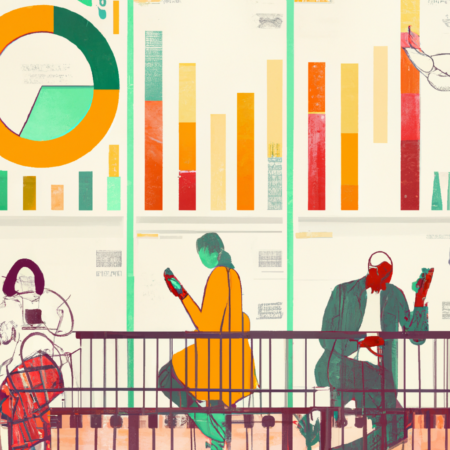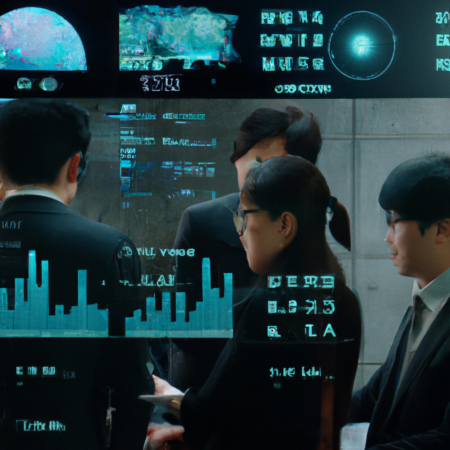Harnessing the Power of Digital Transformation in Marketing Strategies
In the rapidly evolving landscape of 2025, businesses are increasingly leveraging digital transformation to drive their marketing strategies. This transformative wave is not just about adopting new technologies but also about changing the way companies engage with their customers and optimize their growth potential.
At the core of this shift is the integration of advanced analytics, artificial intelligence, and personalized marketing techniques, which have become essential components in crafting compelling marketing campaigns. Here, we explore the key aspects of digital transformation in marketing and how businesses can utilize these innovations to stay ahead in a competitive market.
Understanding Digital Transformation
Digital transformation in marketing refers to the strategic adoption of digital technologies to improve marketing processes, enhance customer experiences, and ultimately drive more efficient business outcomes. It involves a variety of technologies including AI, machine learning, big data analytics, and IoT.
For instance, AI-powered tools can analyze customer data to predict purchasing behaviors and preferences, enabling marketers to tailor their campaigns more precisely. Similarly, IoT devices can provide real-time insights into consumer interactions, offering a deeper understanding of customer journeys.
Strategic Implementation of AI in Marketing
AI stands at the forefront of digital marketing transformations. Its ability to process large quantities of data and identify patterns offers unparalleled advantages. Companies are using AI to automate routine tasks, create more engaging content, and deliver personalized customer experiences.
The integration of AI into email marketing, for example, has allowed for the automation of personalized email campaigns that respond dynamically to user interactions, significantly improving engagement rates.
Emerging Trends: Virtual Reality and Augmented Reality
As we move further into 2025, Virtual Reality (VR) and Augmented Reality (AR) are becoming increasingly significant in marketing. These technologies offer immersive experiences that can dramatically boost customer engagement and brand loyalty. For example, AR can be used in apps to allow customers to visualize products in their own home before making a purchase, enhancing the decision-making process.
Case Studies: Success Stories of Digital Marketing Transformation
To illustrate the impact of these technologies, consider a global retailer who implemented an AI-driven chatbot. The chatbot handles customer inquiries and provides shopping recommendations based on user behavior, leading to a 30% increase in conversion rates.
Another example is a tourism board that used VR to create virtual tours of destinations, significantly increasing bookings by offering potential tourists a taste of their vacation in advance.
Conclusion
As digital transformation continues to reshape the marketing landscape, businesses must adapt to these changes to remain competitive. By embracing digital technologies, companies can enhance customer experiences, improve operational efficiencies, and drive substantial growth.
Embracing these changes is not just a necessity but a strategic advantage that can set businesses apart in the digital era of 2025 and beyond.






